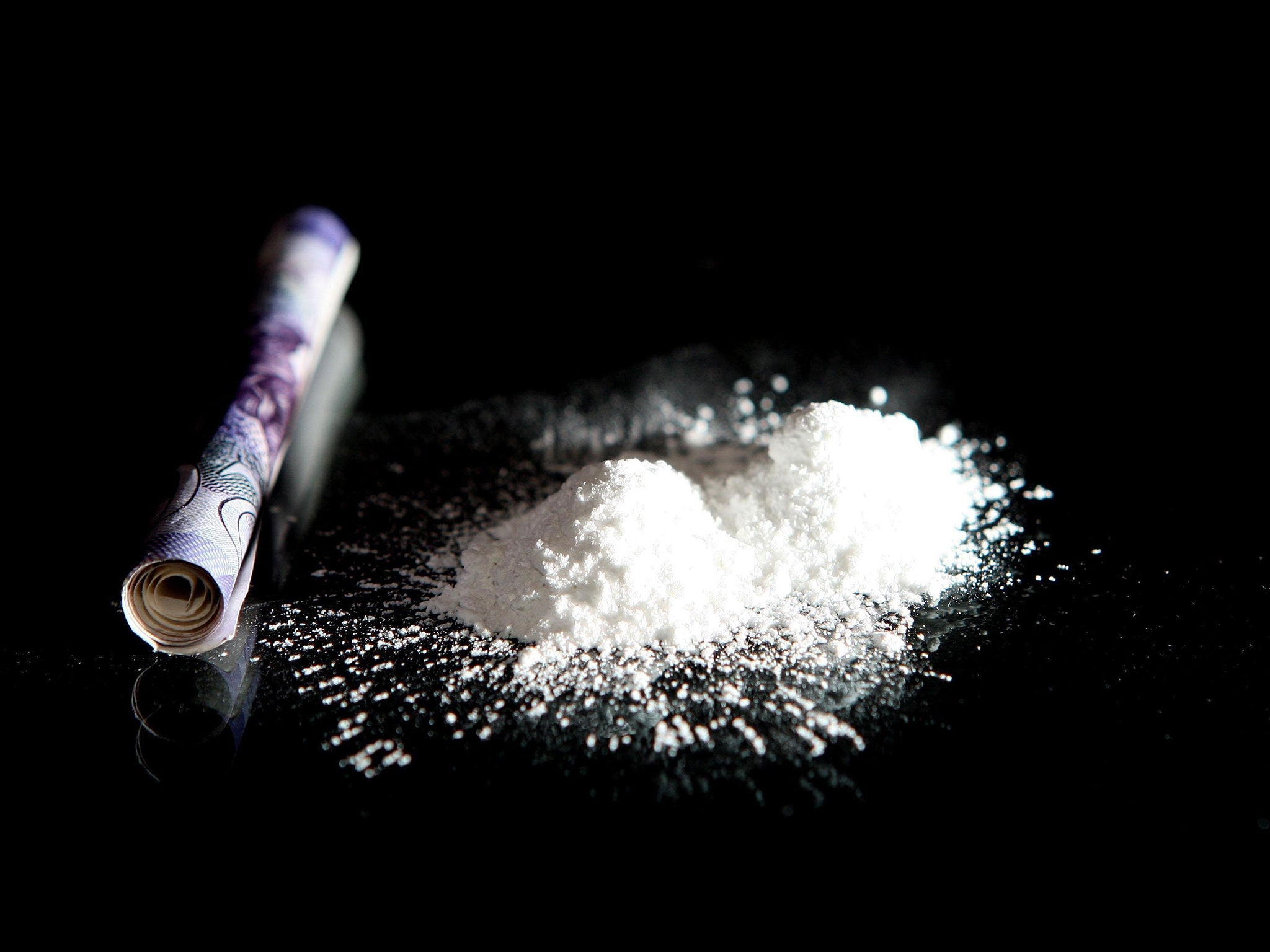'Reform Britain's drug laws now', MPs tell David Cameron
Cross-party alliance in Commons calls for urgent action after landmark Home Office report

Your support helps us to tell the story
From reproductive rights to climate change to Big Tech, The Independent is on the ground when the story is developing. Whether it's investigating the financials of Elon Musk's pro-Trump PAC or producing our latest documentary, 'The A Word', which shines a light on the American women fighting for reproductive rights, we know how important it is to parse out the facts from the messaging.
At such a critical moment in US history, we need reporters on the ground. Your donation allows us to keep sending journalists to speak to both sides of the story.
The Independent is trusted by Americans across the entire political spectrum. And unlike many other quality news outlets, we choose not to lock Americans out of our reporting and analysis with paywalls. We believe quality journalism should be available to everyone, paid for by those who can afford it.
Your support makes all the difference.David Cameron is under fire from a coalition of politicians and drugs charities over his refusal to contemplate a fresh look at Britain’s 40-year-old drugs laws.
The Prime Minister insisted that the Government’s current policy is working despite a Home Office report concluding that tough penalties do not cut drug abuse. His stance provoked a bitter Coalition row as Nick Clegg demanded new action to reduce the 2,000 deaths from drug abuse every year.
Writing for The Independent, the Deputy Prime Minister, says: “Sticking rigidly to the same old solutions will not bring about the change we badly need.
“It would mean more young addicts carted off to jail. More people in need of help unable to free themselves from the grips of drug abuse; and those emerging from jail even more vulnerable to the pushers.”
Senior Conservatives also protested the “war on drugs” was failing as MPs of all parties called for a review of drugs laws in the first debate on the issue for a generation. They were supported by drugs law reform charities, as well as the mother of a 15-year-old girl who died from an overdose.
The Home Office study, which examined foreign approaches to tackling addiction, suggested that treating possession as a health issue rather than a criminal offence – as happens successfully in Portugal – would reduce death and infection rates.
But Mr Cameron, who in opposition backed radical reform of drugs laws, insisted: “The evidence is, what we are doing is working. I don’t believe in decriminalising drugs that are illegal today.
“I’m a parent with three children – I don’t want to send out a message that somehow taking these drugs is OK and safe because, frankly, it isn’t.”
Tory sources also lashed out at their Liberal Democrat Coalition partners, accusing them of wanting to let drug dealers get off “scot-free”.
The debate was watched by Anne-Marie Cockburn, whose daughter Martha died in July last year, at the age of 15, after taking half a gram of MDMA powder.
She said she now backed reform and the introduction of a regulatory framework to guarantee drug safety and take control of the market from criminal dealers.
“Martha was a normal teenager. The current laws made the drugs very easily accessible to her,” she told The Independent. “Everything is shoved under the table under the current laws. Nobody would think that for the safety of drugs to be in the hands of criminals is in any way a good situation.”
She hoped the “good evidence and information” contained in the Home Office’s report would promote “a proper discussion”.
“Hopefully we can protect future generations,” she said. “We cannot allow this to be the norm.”
Danny Kushlick, founder of the drugs law reform charity Transform, said: “There is a dissonance between the actual impact of the policy in the real world – which is catastrophic – and a narrative among Labour and the Conservatives, which is risk-averse and relates to party-political issues. Meanwhile people are dying.”
Niamh Eastwood, director of the drugs charity Release, condemned the “irrational” position of political leaders.
She said: “For a report to be released from the Home Office that says criminal sanctions have no impact on prevalence and then to continue to criminalise people would be woefully neglectful.
“The evidence from this report shows the alternative approaches can and do work, and yet we have the two main parties refusing to engage in the debate.”
Join our commenting forum
Join thought-provoking conversations, follow other Independent readers and see their replies
Comments